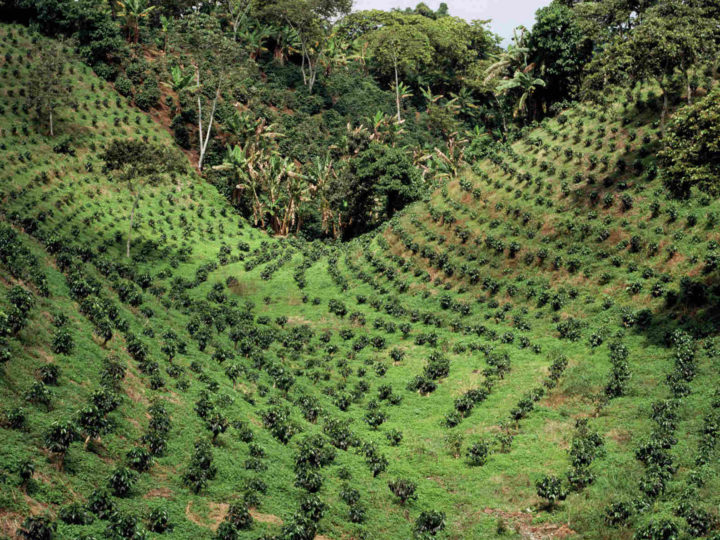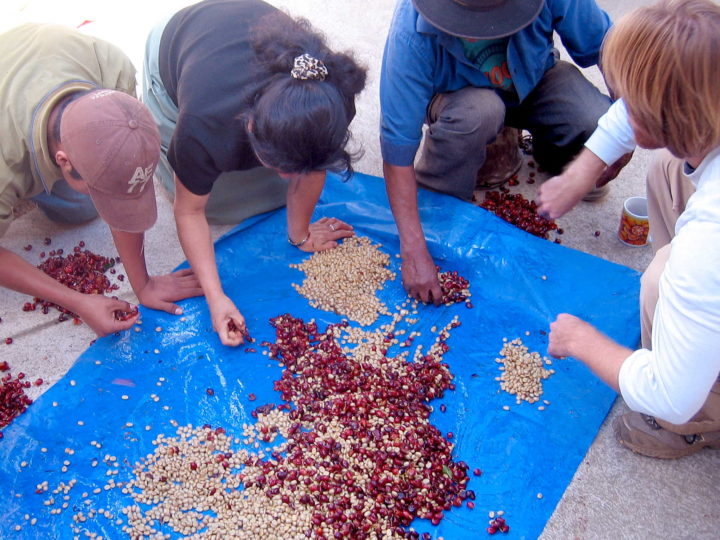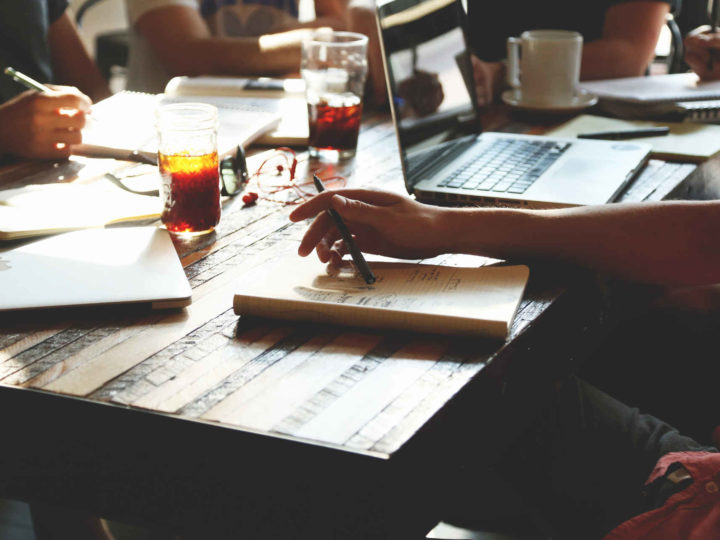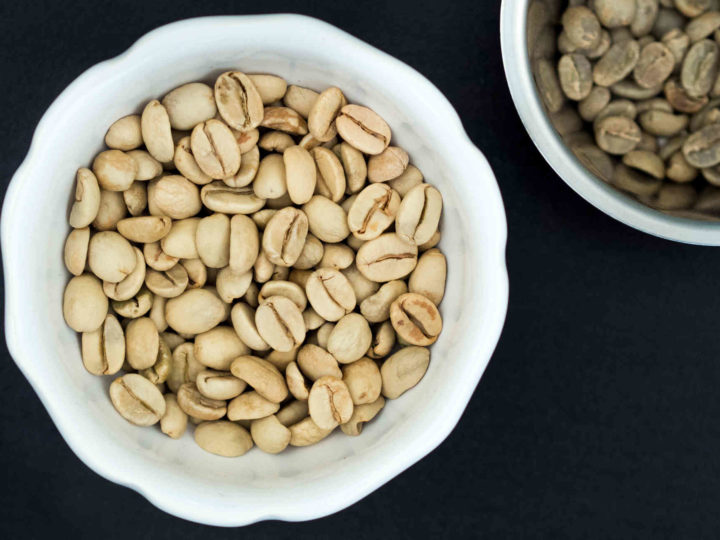Organic and Fair Trade coffee have grown in popularity in recent years. More and more organic and Fair Trade certified coffees are available. However, no certification tells the whole story.
Organic coffee
A smallholder’s high-quality crop is always limited and there are often more quality-conscious buyers than there is coffee to sell. Even if the conditions for certification exist, the organic coffee stamp is not always willing to pay to organisations. On the other hand, the soil on a smallholding with limited arable land may be so depleted by annual cultivation that fertiliser is the only option for the family’s livelihood.
The best Arabica coffee varieties are also quite susceptible to coffee diseases, which makes the use of protective products necessary on some farms. Another option would be to switch to more highly bred coffee varieties. However, this would mean compromising on quality. Because of this difficult equation, organic coffees are generally not among the best in the world. It is also important to note that organic standards vary internationally. What may be organic in a coffee’s country of origin, or even in the United States, may not necessarily qualify for organic status in Europe or Finland.
Even if a coffee is organic according to Finnish criteria, it cannot be sold as organic unless the roaster is also certified organic. The organic regulations for roasters are interesting in that, for example, there must be a separate grinder for grinding organic coffee, which is used exclusively for grinding organic coffee.
What is Sustainable Coffee?
Sustainable coffee refers to the production, cultivation, and trading of coffee in ways that protect the environment, preserve biodiversity, and ensure fair and ethical trade between coffee growers and buyers. Sustainability involves caring for the ecosystem, the well-being of farmers and people involved, and ensuring the long-term viability of the coffee industry. Consumers also play a crucial role in minimizing the environmental impact of coffee.
Certifications are one way to ensure a product’s responsibility, but they are not the only solution and are far from perfect. Farmers must pay significant sums for certifications, often directly from their income. This means that smaller producers cannot afford to certify their farms even if their practices meet the standards. Direct trade coffee often exceeds the minimum requirements of certifications like Fair Trade in terms of price.
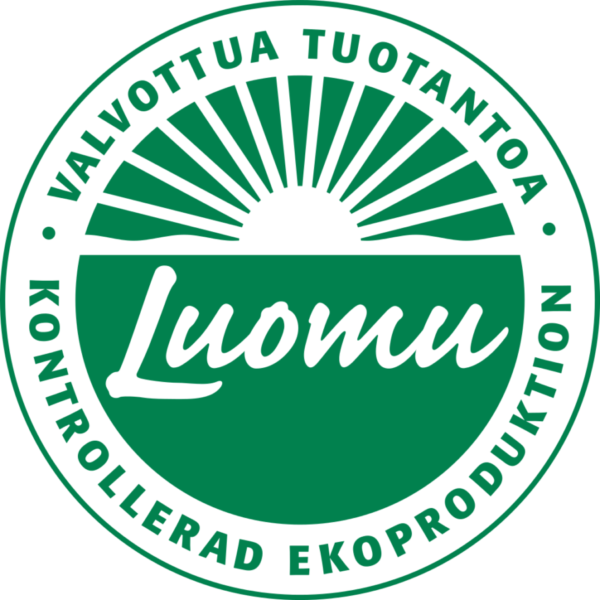
Tästä merkistä tunnistat Somalaisen Luomu-sertifikaatin.
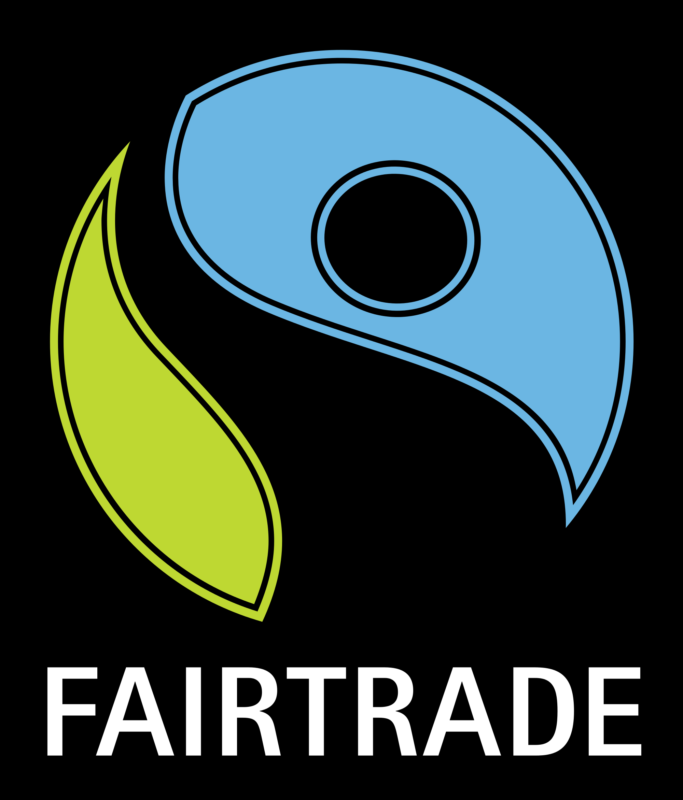
Reilun Kaupan sertifikaatin tunnus.
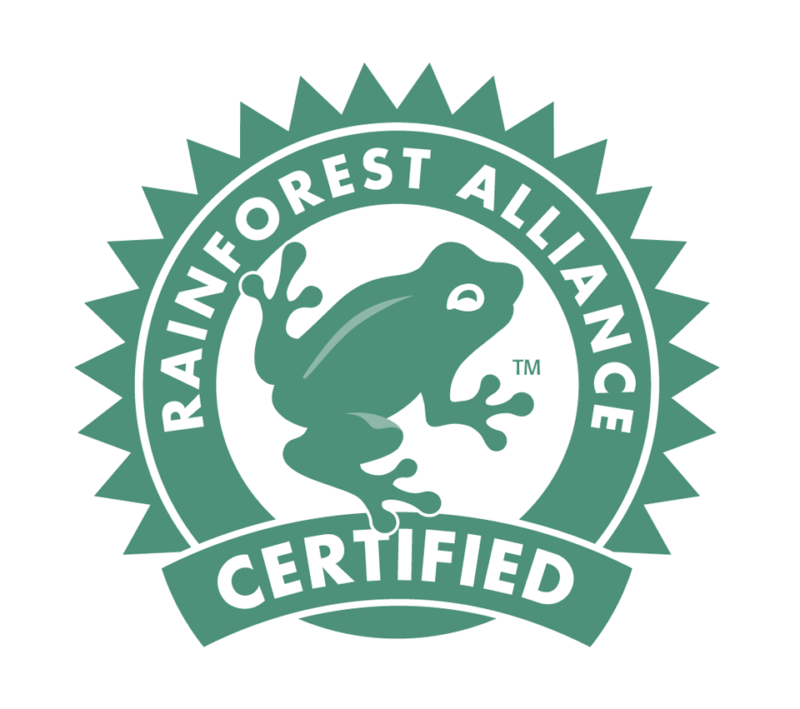
Rainforest Alliance -tunnus.
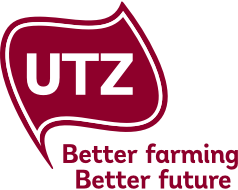
UTZ-sertifikaatin tunnus.
EU organic logo
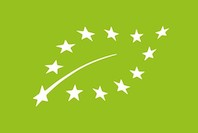
The organic label, or more formally the EU organic logo, has been in use since 2010 and is mandatory on all pre-packaged organic food products produced in the EU. It can also be used on a voluntary basis on bulk products and on organic food imported from third countries. EU organic legislation (EU) 2018/848 sets minimum requirements for agricultural products and foodstuffs marketed as organic throughout the EU.¹
Fair Trade coffee
The Fair Trade certificate guarantees that the coffee has been produced in a socially responsible way to some extent. In practice, speciality coffee is always fair trade, even if the certificates are rarely seen. Speciality coffee farmers get a better price for their coffee the better it scores in taste tests. The price always exceeds Fair Trade standards. Some coffee buyers even claim to pay a Fair Trade premium on top of the Fair Trade requirements for the coffee they buy.
Rainforest Alliance
The Rainforest Alliance is an international non-profit organisation working at the intersection of business, agriculture and forests to make responsible business the new normal. Their goal is to build an alliance to protect forests, improve the livelihoods of farmers and forest communities, promote their human rights and help them mitigate and adapt to the climate crisis.²
Awarding the label to a food product means that the farm or company supplying the raw materials has committed to certain standards of environmental, social and economic sustainability.
Other organic labels include UTZ Certified (now part of the Rainforest Alliance), Aurinkomerkki (Finland’s national organic label) and Demeter (a label monitored by the Biodynamic Association).
Get to know the SLURP coffee experience
Comments (0)
Leave a reply
You must be logged in to post a comment.

